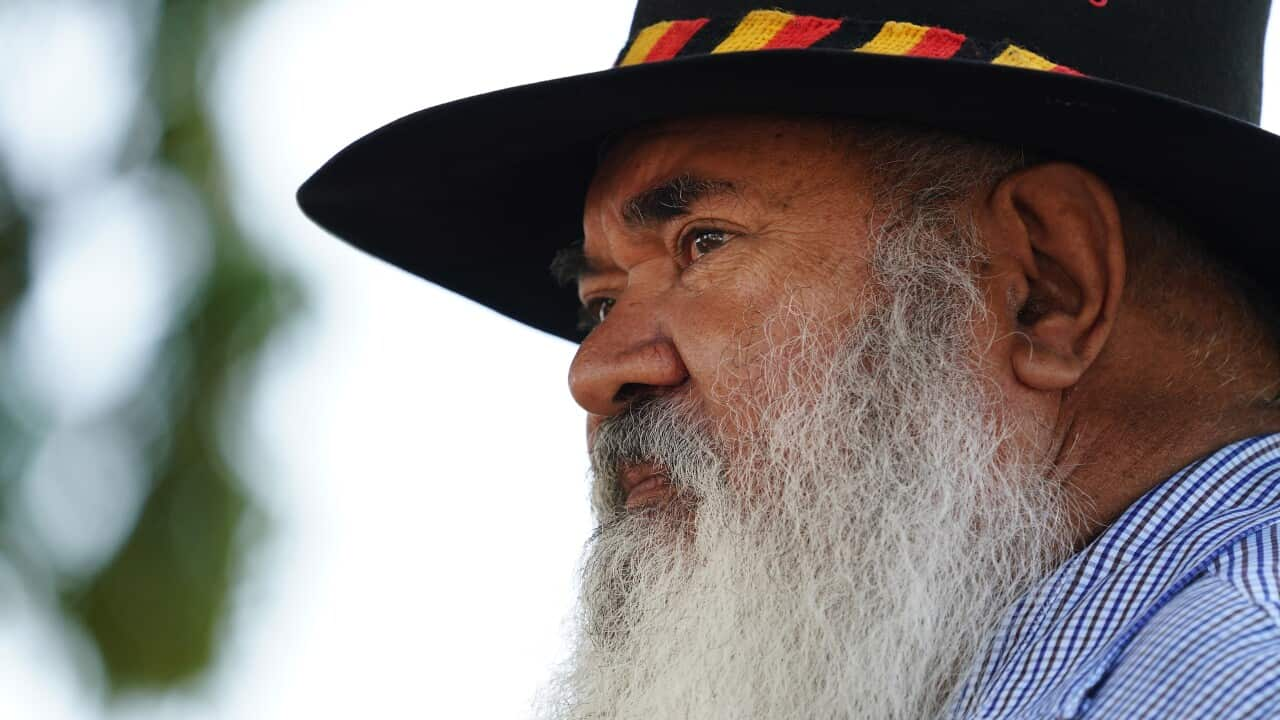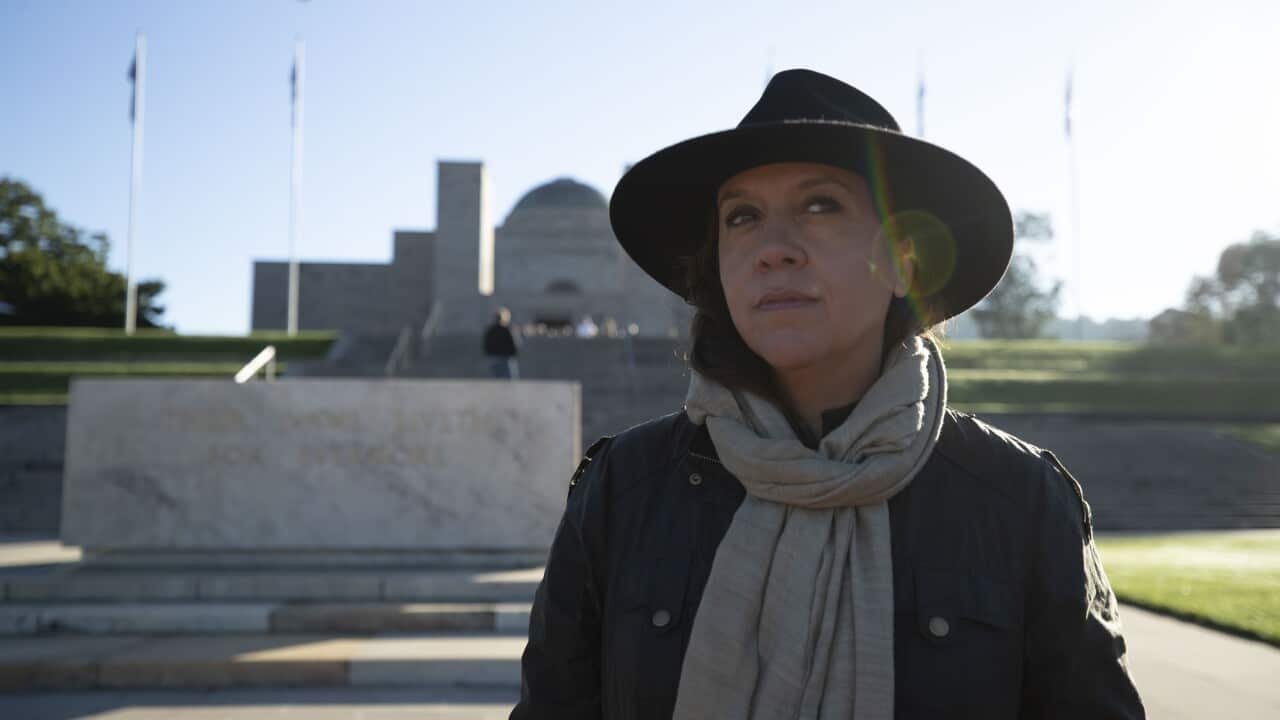The Australian War Memorial has signalled that a significant change is on the way in its depiction of the frontier violence that decimated Aboriginal communities upon British settlement.
The new Chair of the Memorial's council, former Labor leader Kim Beazley, said that the conflicts, sometimes termed the 'Australian Wars', needed recognition across the country, in a marked departure from the views of his predecessor Brendan Nelson.
The comments were welcomed by palawa Elder Rodney Dillon, Chairperson of the Aboriginal Heritage Council.
"I think it's a great change, and we have to ask the Brendan Nelsons why they've been so negative about it, [in order] to bring them forward.
"We've got to bring everyone forward on this... and make change."
Mr Dillon, who has actively campaigned for more recognition of colonial atrocities, said any greater recognition of the violence by national institutions would accord with First Nations peoples view of history.
"We know what happened. In Tasmania they even declared war on our people.
"The wars have been here in our face... everywhere [across the country]," he told NITV.
Frontier violence should be 'in every museum'
Mr Beazley was elected to the position of Chair by the Memorial's trust in December last year.
Three months earlier, in the wake of hard-hitting documentary series 'The Australian Wars',
"What we will do at the memorial is give the Aboriginal population the dignity of [recognising the] resistance," he told the ABC.
"For years we conned ourselves that there was no resistance. There was a hell of a resistance."
However, Mr Beazley said merely including a permanent exhibition on Frontier Violence at the Memorial was not "a satisfactory conclusion of the matter."
"We have to have the Frontier Wars depicted in every museum, in all the state museums and the [National] Museum," he said.
"And we have to be prepared, as we go through truth-telling processes, to consult with different Aboriginal nations as to how they want massacres... commemorated."
Rodney Dillon welcomed those sentiments as well, agreeing that the true horrors of colonial violence had to be acknowledged in all their depth.
"It's not only recognising the resistance, it's also about recognising the bastardry of when men, women and children were killed while they were just going about their business.
"[The massacres] should be marked, not only recognised where they [happened] but in our history as well.
"Then people will understand the brutality towards our people, and how they murdered them for their land.
"This goes someway to healing as well. It's about truth and treaty."












